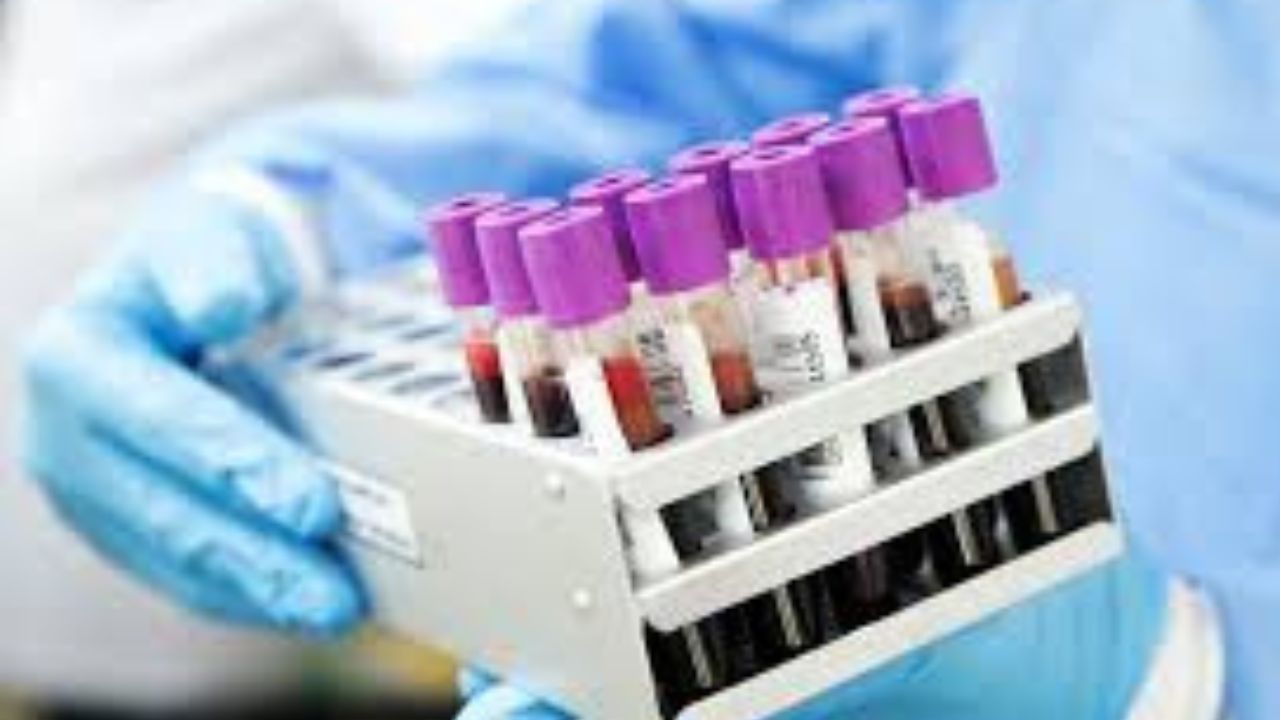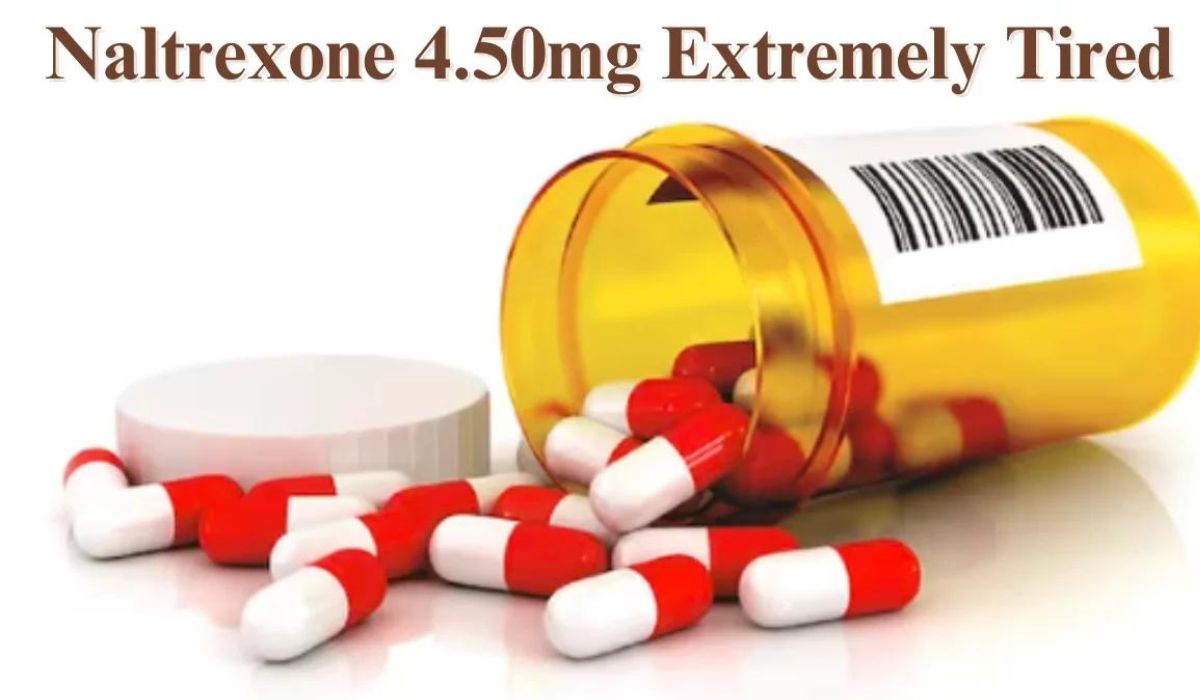Key Takeaways
- Understand the importance of cannabis testing for compliance and consumer safety.
- Learn about the essential methods and standards used in cannabis testing labs.
- Discover how to choose a reputable cannabis testing lab for your needs.
- Get insights into the latest trends and challenges in cannabis testing.
Table of Contents
- Importance of Cannabis Testing
- Common Methods and Standards
- Choosing the Right Cannabis Testing Lab
- Latest Trends and Challenges
Importance of Cannabis Testing
Cannabis testing is essential for ensuring product safety and regulatory compliance. With the rise of legalized cannabis, it’s crucial to have reliable testing methods to identify contaminants, such as pesticides, heavy metals, and microbial impurities. For instance, cannabis testing labs in Oklahoma City play a vital role in this process by establishing rigorous protocols and standards to guarantee product quality and safety. Without proper testing, consumers could be exposed to harmful substances that could lead to severe health risks.
When labs adhere to strict testing standards, the likelihood of dangerous products reaching consumers is significantly reduced. Understanding these standards can enable consumers and businesses alike to make informed decisions and ensure they adhere to local and national regulations. This not only protects consumers but also helps to build a trustworthy and reputable cannabis industry.
Common Methods and Standards
Cannabis testing labs utilize several methods to ensure products meet safety and quality standards. Key methods include:
- Gas Chromatography (GC): Used to identify and quantify cannabinoid content. GC works by separating the different components of a cannabis sample and helps in determining the potency of the product. This method is widely used because of its accuracy and reliability.
- High-Performance Liquid Chromatography (HPLC): Preferred for its precision in measuring various cannabinoids and contaminants. HPLC is particularly effective in identifying the presence of specific cannabinoids, such as THC and CBD, and ensuring that they are within the acceptable range.
- Mass Spectrometry (MS): Highly accurate, often used in conjunction with GC or HPLC to detect pesticides and heavy metals. MS provides detailed information about the molecular composition of the sample, making it possible to identify even trace amounts of contaminants.
- Microbial Testing: Identifies harmful bacteria, molds, and yeast. This type of testing is crucial for detecting biological contaminants that could pose serious health risks to consumers. Labs use advanced techniques to ensure that products are free from harmful microbes.
Standards for these methods are set by organizations such as the AOAC INTERNATIONAL, which ensures consistency and reliability across labs globally. These standardized methods prevent discrepancies in test results and build consumer trust by providing reliable and repeatable testing outcomes. By adhering to these standards, labs can offer assurance that their testing processes are both accurate and reliable, thereby ensuring the safety and quality of cannabis products.
Choosing the Right Cannabis Testing Lab
Selecting a reputable cannabis testing lab is crucial. Here are some tips to help you choose:
- Certification and Accreditation: Ensure recognized agencies like ISO or ASA accredit the lab. Accreditation signifies that the lab meets high standards for precision, accuracy, and quality control. Accredited labs are regularly audited to ensure compliance with industry standards.
- Test Range: Make sure the variety of tests available meets your needs. A comprehensive testing facility will offer a range of tests covering various degrees of potency and pollutants. By doing this, it is ensured that every possible danger is found and reduced.
- Transparency: Evaluate how openly the lab shares test results and operates. A reliable lab should supply comprehensive reports detailing their findings together with unambiguous documentation. Openness fosters trust and makes the testing process understandable to clients.
- Turnaround Time: Consider the speed at which they provide results. Fast turnaround times are beneficial but should maintain the quality and accuracy of the tests. Quick results help businesses make timely decisions while ensuring product safety and compliance.
Performing due diligence can save you time and ensure quality, safe products for consumers. Various resources, such as Forbes, provide insights on how to evaluate testing labs effectively, aiding businesses in making well-informed decisions. Consulting such resources can provide additional guidance on selecting the most suitable lab for your needs, ensuring that your products meet all required standards and regulations.
Latest Trends and Challenges
The cannabis testing industry is evolving rapidly. Emerging trends include increased use of blockchain for traceability, advanced AI algorithms for predictive analytics, and heightened regulations to ensure more comprehensive testing. For instance, some labs are now employing blockchain technology to create immutable records of testing results, which enhances traceability and consumer confidence. Blockchain offers a secure way to track the entire lifecycle of a product, from cultivation to sale, providing transparency and accountability.
However, challenges remain, such as ensuring uniform testing standards across states and maintaining consistency amidst rapidly changing laws. The cannabis industry is still fragmented, and different states may have varying requirements. Labs must stay abreast of these changes to provide compliant services across different regions. Industry reports from sources like the IFIC Foundation often provide insights into these developments, underscoring the dynamic nature of cannabis testing and the ongoing efforts for improvement.
By staying informed about these trends and challenges, businesses can better navigate the complexities of cannabis testing and ensure their products meet the highest standards of safety and quality. Embracing new technologies and staying adaptable to regulatory changes can help labs and businesses alike maintain a competitive edge in this rapidly evolving industry. Continuous improvement and innovation are vital to ensuring that the cannabis industry remains safe, transparent, and trusted by consumers.










